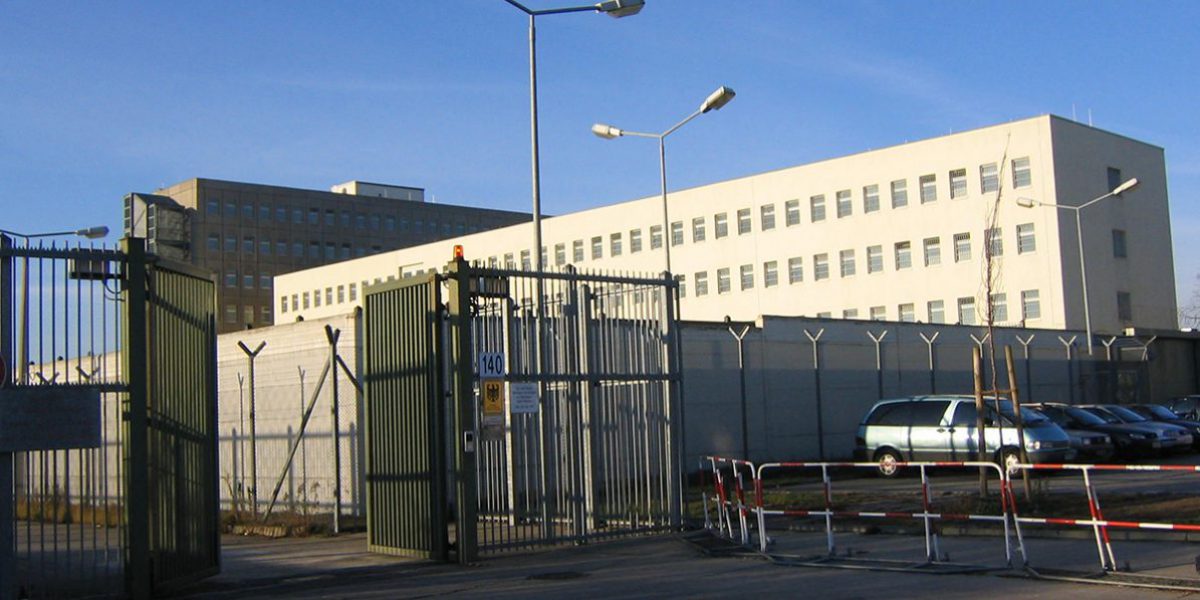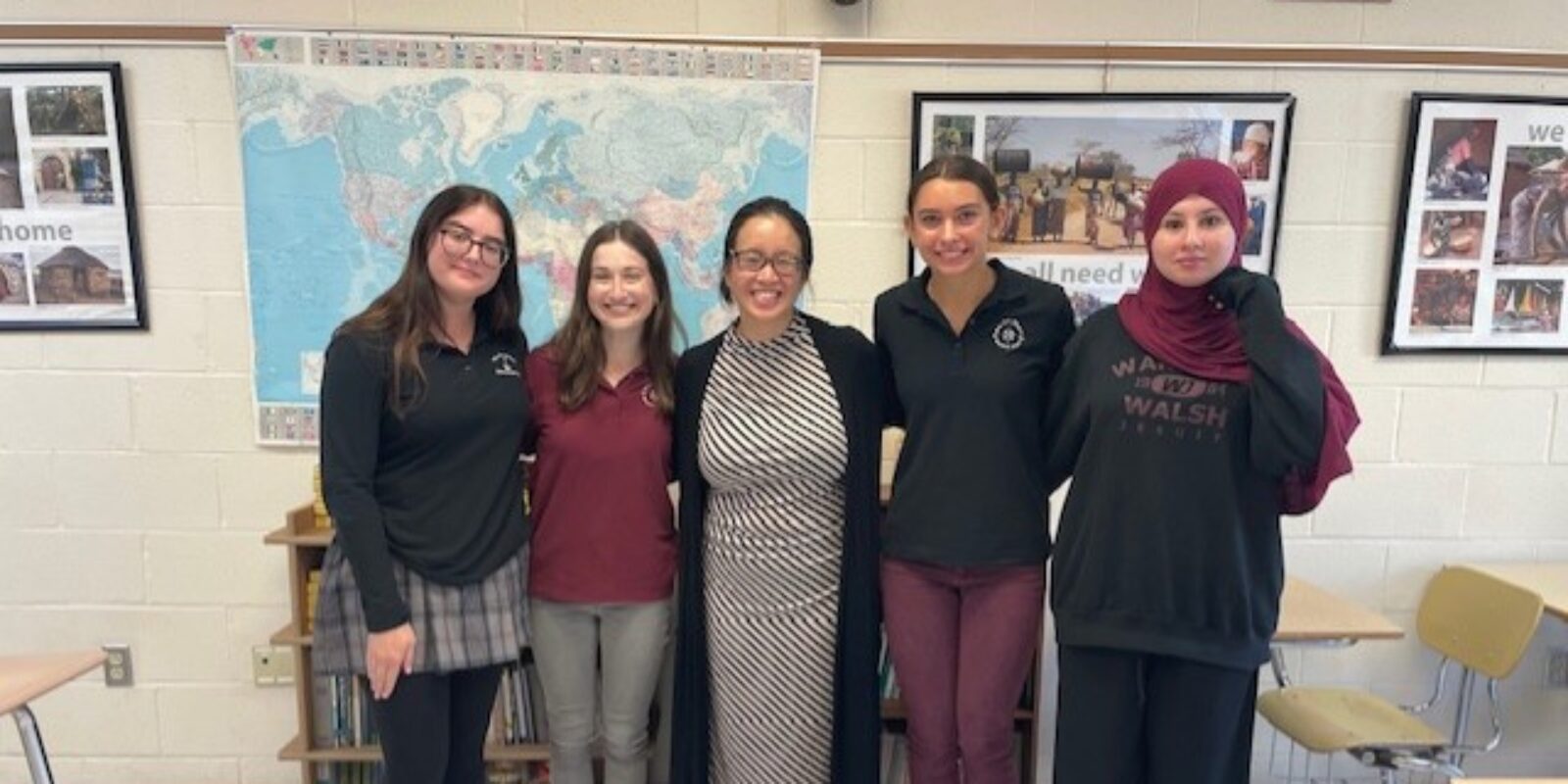USA: Inside a Federal Detention Center
12 September 2009

Fr. Peter Balleis, the International Director of Jesuit Refugee Service in Rome, visited a federal detention center in southern Arizona in 2009 where JRS staff members serve as chaplains. Fr. Balleis wrote this reflection on celebrating Mass for the detainees on the Feast of Christ the King.
Three hundred men dressed in yellow, orange and blue prison jumpsuits had gathered under the shade of the open air sports facility. A six meter high double fence with several rolls of razor wire encircled the confines of the detention center that is located in southern Arizona, not far from the Mexican border. The center holds up to 1500 non-citizen detainees, many of whom are awaiting deportation to their home countries. Ironically, just beyond the center’s fence, in the “outside” world, is a storage area filled with old military hardware — trucks and tanks — the mothballed remains of some forgotten military campaign. I had been invited by JRS/USA to visit the center on the feast of Christ the King and, under the deep blue sky of Arizona, I celebrated the Eucharist with the detained men.
I asked myself, “How can one celebrate the freedom that Christ brings us in a detention center?” Still, I knew that ‘Christ the King’ was with these three hundred men. When the words of Gospel of Matthew 25 were proclaimed, a number of heads nodded in understanding. They knew Jesus was speaking about them: ‘When I was in prison, you came and visited me. . . . Whatever you have done to the least of my brothers, you have done to me.” These men knew what it means to be hungry, thirsty, naked, sick, what it means to be a stranger. Some of them had crossed the border long ago; some had crossed it only days before; all of them sought work in the U.S. and a brighter future for their families. The poverty in their home countries — Guatemala, Honduras, El Salvador and Mexico — had forced them to move North.
When asked were they were from, many answered “California,” “Arizona” or another U.S. state. When I asked how long ago they had lived in the U.S., many said five, ten or fifteen years. Most had families with children who were going to school in the U.S. Most had been picked up by the police or the border patrol and, without documents or with expired visas, were being processed for deportation. While current law claims that those without documents are illegal and subject to deportation, the law does not weigh the human cost for families pulled apart or for children separated from their parents. Hard working men, who for years had contributed their labor to the nation’s economy and had raised children (many of whom will be the next generation of U.S. citizens) had been torn from their loved ones. The pain and suffering of this separation was written deeply on their troubled faces.
Will the kingdom of Christ be like our human-made states and empires? On first sight, it is a contradiction to celebrate Christ the King, the kingdom of God, in midst of barbed wire and fences. We believe that fences, borders, divisions, and documents are alien to the kingdom of God. God’s love extends to all without differences; it includes all people. At a deeper level, however, celebrating Christ as king within a detention center is the anticipation of all that we desire, our deepest hope, proclaimed by Jesus as already here but not yet fulfilled.
We celebrated our hope with these men. Their prayer before the image of our Lady of Guadalupe was a clear sign of the trust they placed in God and his mother. One man, Eddie, who had lived for 18 years in the US with his wife and five children, told me with great conviction, as he held his rosary in his hands, that he would be allowed to stay in the U.S. Faith gave him this hope. The rosaries distributed by the pastoral team and wrapped by the men around their necks and hands, were simple expressions of their deep faith and hope. They trusted that these days in the detention center would pass, that one day they would be united again with the families they loved. Hope kept their dignity alive, even in the shock of being of being detained like criminals.
“Think of the time to come, of the hug of your children and wife. This will pass.”
This is the simple message of hope given by the JRS pastoral team to thousands of detainees passing through the facility. To celebrate Christ the King in a detention center gives us a special opportunity to affirm the human and royal dignity of every person present—detainees and guards alike. It is the anticipation of the kingdom of God that will know no borders, papers, divisions and detention. It is the image of what our world can one day become — a place where all people can live together freely, be allowed to care for those they love, and contribute their work and love to the world around them.


